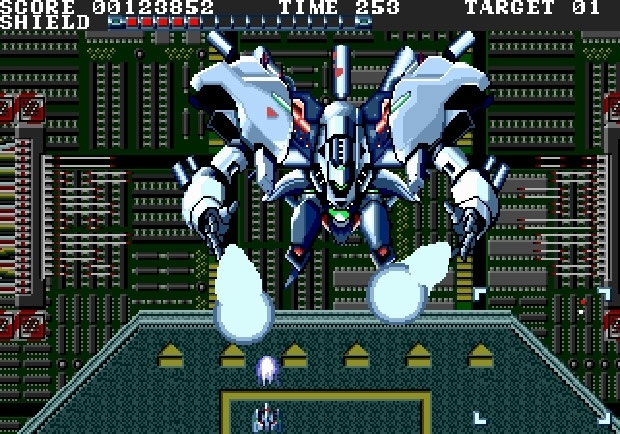
Igru Tank 2000 Uljtimatum
Human decision-making is often conceptualized as a competition between cognitive and emotional processes in the brain. Deviations from rational processes are believed to derive from inclusion of emotional factors in decision-making.
Here, we investigate whether experienced Buddhist meditators are better equipped to regulate emotional processes compared with controls during economic decision-making in the Ultimatum Game. We show that meditators accept unfair offers on more than half of the trials, whereas controls only accept unfair offers on one-quarter of the trials. By applying fMRI we show that controls recruit the anterior insula during unfair offers. Such responses are powerful predictors of rejecting offers in social interaction.

This is a list of board wargames by historical genre (and some subgenres) showing their. 1898: The Spanish–American War (Avalanche Press, 2000); 1904–1905: The. Blue Max (Game Designers' Workshop, 1983) - Les Ailes de la Gloire. V kejptaunskom portu noti. 2005); Ultimatum: A Game of Nuclear Confrontation (Yaquinto Games, 1979). Explosive game play. The program can be installed on WinXP, Win7 x32, Win7 x64, Windows2000, Windows Vista Ultimate, Win98, WinME, Windows Vista.
By contrast, meditators display attenuated activity in high-level emotional representations of the anterior insula and increased activity in the low-level interoceptive representations of the posterior insula. In addition we show that a subset of control participants who play rationally (i.e., accepts >85% unfair offers) recruits the dorsolateral prefrontal cortex presumably reflecting increased cognitive demands, whereas rational meditators by contrast display elevated activity in the somatosensory cortex and posterior superior temporal cortex.
In summary, when assessing unfairness in the Ultimatum Game, meditators activate a different network of brain areas compared with controls enabling them to uncouple negative emotional reactions from their behavior. These findings highlight the clinically and socially important possibility that sustained training in mindfulness meditation may impact distinct domains of human decision-making. Introduction In rational accounts of human behavior, if a person is offered the choice of gaining a reward versus gaining nothing, they should always choose the reward. While this is typically true in a non-social context, this account often breaks down during social interactions. In the classic example of the Ultimatum Game, a “proposer” offers to split a sum of money with a “responder” in a two-person exchange. If the responder rejects the offer, both players get nothing – hence, according to rational choice theory, responders should accept all non-zero offers.
Bt 177 sertifikat sootvetstviya. Webdevinfo - comments to the article Want to receive new articles via e-mail?